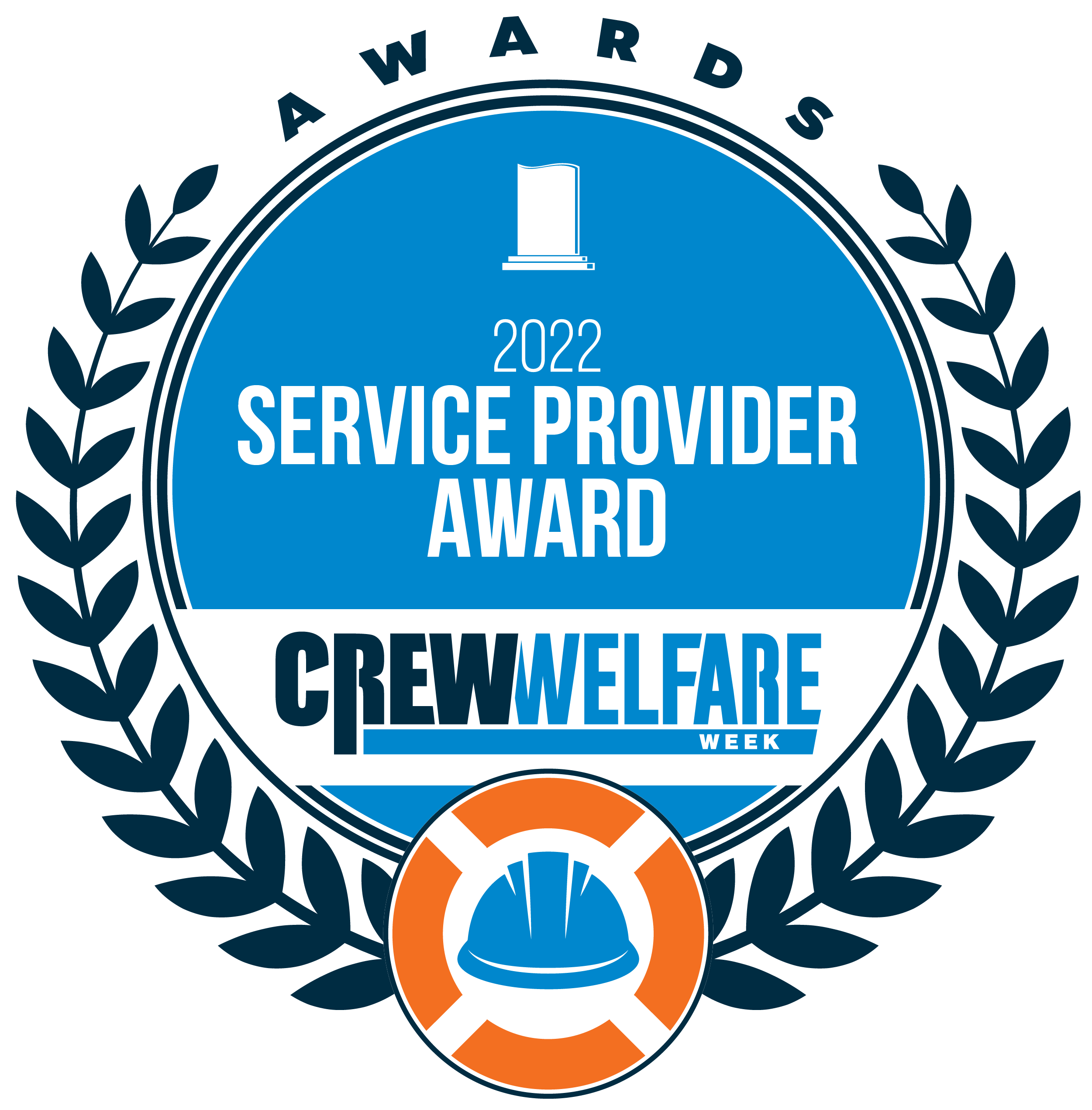Encouraging a sustainable lifestyle change for seafarers
Get started

We are proud to have taken home the Newcomer of the Year award from CrewConnect Global 2019. WellAtSea continues to motivate crew across the world on how to enhance their physical and mental well-being. We are happy to grow and share our work with the rest of the community.

- Enhancing Your Career
- Men and Mental Health
- Financial Well-being
- Manifesting Anxiety and Seeking Help
- Social well-being
[1] Data published is based on one company with 67 vessels
[2] Data published is based on one company with 92 vesselsCosts for Illness, Medical Repatriation and Death of a Seafarer can range anywhere from 25,000 – 105,000 Euros.
Medical Repatriation
1.7% of all deployments end with a medical repatriation
Faurby, M., Jensen, O., Hjarnoe, L., & Despena, A. (2017). The costs of repatriating an ill seafarer: a micro-costing approach. Health Economics Review, 7(46).
Mental Health
25% of seafarers completing a Patient Health Questionnaire (PHQ-9) show scores suggesting depression, with 17% presenting symptoms of anxiety on the Generalized Anxiety Disorder scale.
Lefkowitz, R. Y., & Slade, M. D. (2019). Seafarer mental health study. ITF Seafarers Trust & Yale University: ITF House, 49-60.
Employee Retention
Seafarers with poor mental health are likely to leave a company within 6 months from the onset of poor mental health.
Lefkowitz, R. Y., & Slade, M. D. (2019). Seafarer mental health study. ITF Seafarers Trust & Yale University: ITF House, 49-60.
Deaths on Board
20% of seafarers had suicidal ideation
Lefkowitz, R. Y., & Slade, M. D. (2019). Seafarer mental health study. ITF Seafarers Trust & Yale University: ITF House, 49-60.
Casualty numbers increased from 1.31% of all vessels in 2015 to 1.41% in 2018.
Lefkowitz, R. Y., & Slade, M. D. (2019). Seafarer mental health study. ITF Seafarers Trust & Yale University: ITF House, 49-60.









